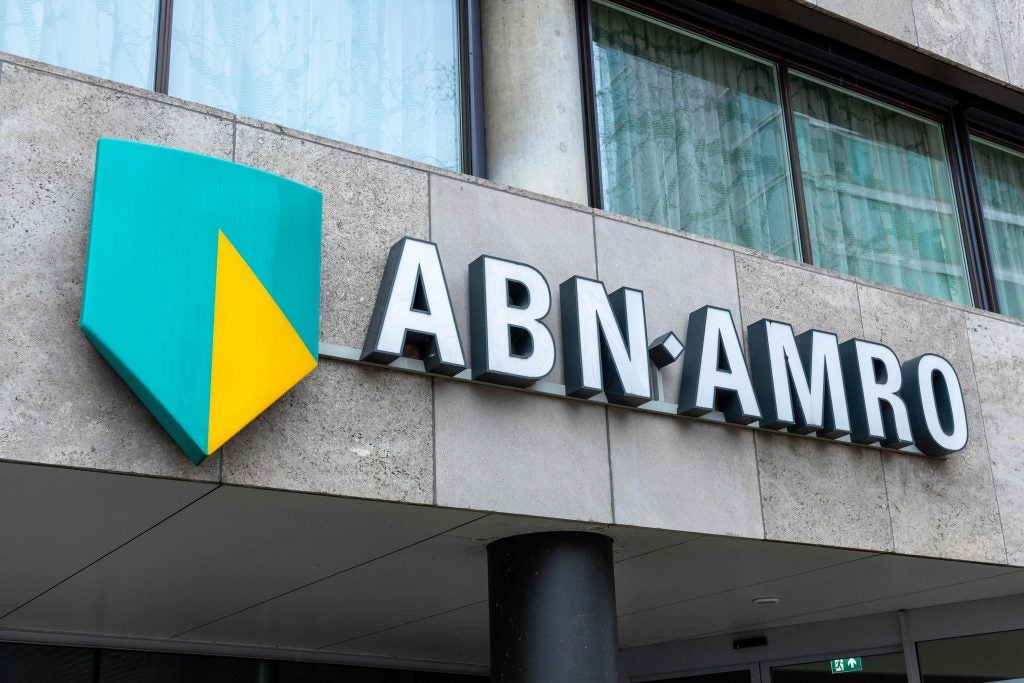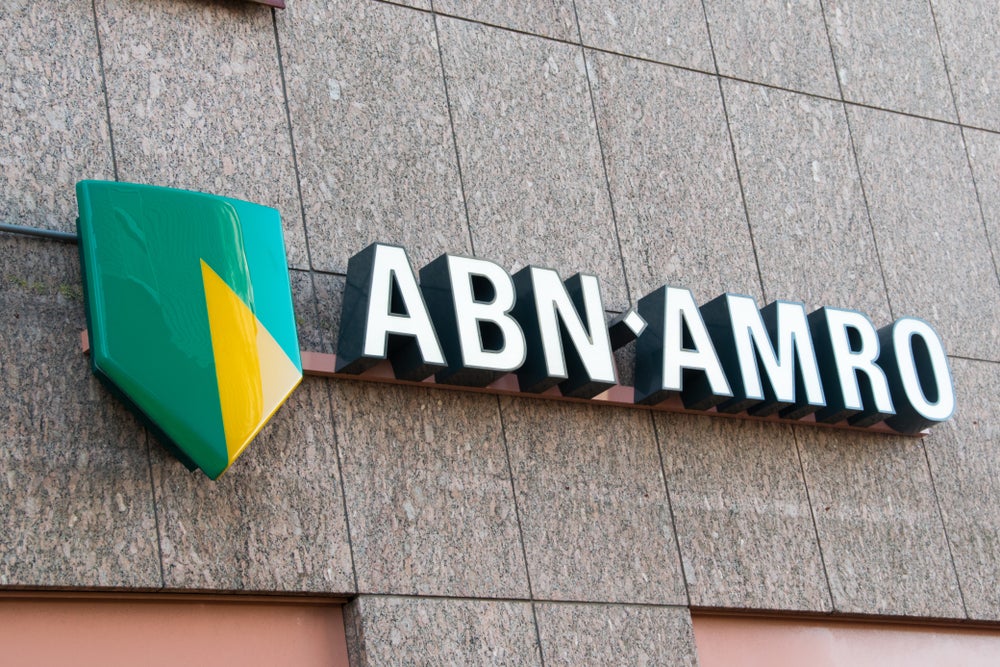After consolidating its private banking business through exiting Asia and the Middle East, the largest Dutch private bank is concentrating its efforts on north-west Europe. John Schaffer speaks with Jeroen Rijpkema, CEO, private banking international at ABN AMRO, to gather the details
Consolidation has been one of the overarching themes in the private banking industry over the past few years. Dutch headquartered ABN AMRO has not escaped this trend. The bank divested from its activities in Asia and the Middle East in 2016, by selling off its private banking activities to Liechtenstein-headquartered LGT.
The bank’s private banking division displayed healthy results for Q4 2016. Client assets increased to EUR204.9bn and underlying profit for the period almost doubled to EUR49m vs Q4 2015 (although profits were down 10% vs Q3 2016 due to costs related to the Asia and Middle East sell off).
Jeroen Rijpkema, CEO, private banking international at ABN AMRO, tells PBI that the bank has a re-defined focus on its key markets in north-west Europe – namely Germany, France and the Netherlands. One of the main focuses will be to improve digital tools:
“We decided to divest from Asia and the Middle East in order to re-allocate towards north-west Europe and accelerate growth in the region.
How well do you really know your competitors?
Access the most comprehensive Company Profiles on the market, powered by GlobalData. Save hours of research. Gain competitive edge.

Thank you!
Your download email will arrive shortly
Not ready to buy yet? Download a free sample
We are confident about the unique quality of our Company Profiles. However, we want you to make the most beneficial decision for your business, so we offer a free sample that you can download by submitting the below form
By GlobalData“If you want to remain relevant for your clients and have the appropriate size in Asia and the Middle East, organic growth might not be sufficient, you need to grow inorganically. Looking at our relevant position in that part of the world, and our position here in Europe, we have chosen that it’s better to refocus on Europe and to leverage our position.”
Spreading the digital wings
During the first half of 2017, ABN AMRO will be pursuing new digital capabilities in Germany and France to match its digital capabilities in the Netherlands.
Dutch private banking clients can already access a variety of mobile services including basic banking services, securities transactions and a portfolio overview.
Rijpkema says: “In Germany and France we will be launching a secure mobile communication service between bankers and clients as well as access to investment information. We’ll later expand into payment and securities transaction capabilities.”
Although there is a push for ABN AMRO to improve its private banking digital channels, Rijpkema says that a robo advice service will not be released in the near future.
“We will work on discretionary portfolio capabilities in the future, but first we need the digital platform in place, then we can enrich the platform.”
Why north-west Europe?
Rijpkema tells PBI that ABN AMRO wants to leverage its position as the third largest private bank in the Eurozone. He says that the focus on Germany and France is due to their sheer size and being the “top wealth management markets” within the EU.
“We have strong positions in both countries. We’re the third largest private bank in Germany by assets under management (AuM) and the fourth largest in France. We also have a long history in Germany dating back to 1712, and we’re celebrating our 350th anniversary in France.”
Rijpkema tells PBI how ABN AMRO differentiates itself from the other large private banking players in the two countries:
“Our strength has been deeply ingrained in the local market for such a long period. We also have a well spread out branch network, which gives real proximity to clients in Germany and France.”
Dominant domestic AuM
Aside from the focus on growth in Germany and France, ABN AMRO’s core private banking market is the Netherlands. The bank’s domestic market accounts for 48% of its private banking AuM. Rijpkema says that there is further potential for growth in the region through the growth of entrepreneurial clients and retail banking clients upgrading to private banking services.
The bank’s growth in net new assets of EUR0.2bn in Q4 2016 is largely due to EUR0.9bn from retail clients being upgraded to the private bank, after ABN AMRO reduced the threshold for required investable assets. Rijpkema comments on opening private banking up to a wider client base:
“As part of our efforts to attract the younger generation, we lowered the threshold to become a client from EUR1m to EUR500.000, in recognition that it takes time to accumulate wealth. We have made all of our basic banking products such as savings, credit cards, mortgages and insurance available online, as well as the ability to manage investments.
“Our research shows that younger clients prefer not to go into a branch, but prefer digital or online banking. To give an example our mobile banking app was used 69m times in December 2016, an all time record.”
Rijpkema adds that attracting new private banking clients from outside of its existing clientele is predominately done on the basis of recommendation. “Referrals are still the most effective way of client acquisition”, he tells PBI.
Gradual growth in SRI
Unlike some of the tier 1 private banks, ABN AMRO does not manufacture its own products. Rijpkema sees this as a differentiator:
“We work with an open architecture. We do not produce products ourselves and we select the best external providers for our clients."
The bank has a significant offering in terms of socially responsible investments (SRI) and sustainable investments. Rijpkema tells PBI that appetite is gradually growing in this area:
“We had EUR 8bn invested in SRI by the end of September 2016. Its gradually growing but people need to be convinced on it and we mustn’t push these investments. But more clients are seeing that sustainable investments are generating the right yields.
“In the longer term, SRI could achieve more sustainable yields than traditional investments.”
When it comes to traditional investments, clients have become more open to investing in equities. “We are positive about equities as we see that the underlying fundamentals are strong,” he says.
Fixed income is, clearly, “under pressure”, adds Rijpkema. “With this low interest rate environment, there’s been a growing interest in transparent structured products due to the limited yields from fixed income.
“There’s been a gradually growing interest in passive investments, although not as much in the last two years.”
Although many private banks have been opting for alternative investment solutions, ABN AMRO’s client base has exhibited less demand for these allocations:
“Alternatives are not a big part of our clients’ asset allocation, although a number of clients are displaying interest in private equity. There’s also been interest in real estate, but I wouldn’t qualify it as a big interest.”







